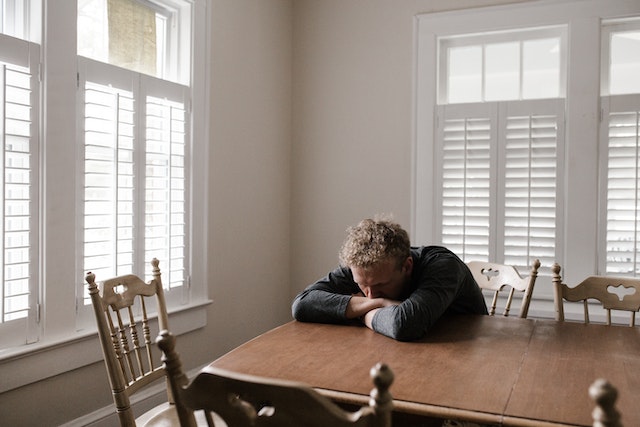Category: Awareness, Health Basics, Mental Health, Well-being
Healthy lifestyles are the path to a long life, but most of us tend to overlook mental health self-care as a part of maintaining our well-being.
Neglecting to take care of our mental health only leads to a staggering amount of future problems not only for ourselves but for those who genuinely love us.
Your mental state deserves to be taken care of just as you should care for your health in general. All it takes is knowing how to practice mental self-care:
When is your mental health in crisis?
Most of us won’t know when we need mental health self-care at all.
Changes in our behavior could be the start of a mental illness and shouldn’t be expected to go away so soon, especially if early signs might include:
Changes in appetite
Your mental health may be in crisis when your appetite is affected.
Factors such as anxiety or depression have a negative effect on your eating habits. If left unchecked, your mental state could lead to self-induced hunger.
If you’ve noticed you haven’t been eating the same lately, this problem could consume your wellness before you even know it.
Loss of interest in favorite activities
When was the last time you had fun doing a favorite hobby?
People don’t realize that the less time they spend on their favorite activities, the less they also spend on improving their mental state.
Lack of concentration
Not giving yourself the mental health self-care you need can lead to a lack of concentration on even the most basic of tasks.
You won’t be able to complete chores or get any work done which leaves you feeling unfulfilled with your day. This can take a massive toll on your mental state the more it happens.
Struggle to get out of bed
The worst sign of declining mental health is when you don’t want to get the day started in the first place.
Lack of motivation, inspiration or just not feeling like getting on with your day can make you not want to leave the comfort of your covers. It can not only affect your set schedule but it can also cause your body serious problems such as headaches, stroke risks, and even chronic pain.
How can mental health self-care pull you through?
Mental health self-care works when you put in the time and effort to make sure that you’re doing okay.
Caring for your mental health pulls you through any kind of darkness in your life. Remember, YOU are important and deserve to treat yourself better in every aspect. Here are a few ways you can get started on that journey:
Eat regular, healthy meals daily
Eating regular meals is a good first step to improving your mental state.
Healthy appetites improve your mental health, especially if your meals consist of omega-3 fatty acids, Vitamin B12, and lutein.
Set your goals for the coming years
Need something to look forward to? Set a path for yourself by identifying the goals you want to accomplish.
Choose what goals can be prioritized and which ones can be put on hold for now. Stress and anxiety can grow from taking on too many responsibilities. So, decide only what needs to be accomplished within a reasonable timeframe and leave it at that.
Take it a day at a time
Improvement doesn’t come in a day, it can take weeks, months, or even years.
But taking it a day at a time helps you get to making the best version of yourself. Do small things like getting a bit of exercise, maintaining positivity in your life, or even making the effort to leave your bed neat when you get up in the morning.
Every little thing counts towards improving your mental health and, eventually, your well-being.
Strengthen your connections
It always helps to talk to someone who can encourage and inspire you, so reach out to friends and family now and then.
Your struggle with your mental health doesn’t have to be fought alone, there is always a person who you can reach out to if things get bleak. Always keep those connections strong and you’ll always have a strong support system to lean on when things get rough.
Practicing mental health self-care is important , but there are situations when you need professional guidance to pull through.
If you or someone you know needs help with confronting and recovering from mental issues, call us at Mid Cities Psychiatry today!

